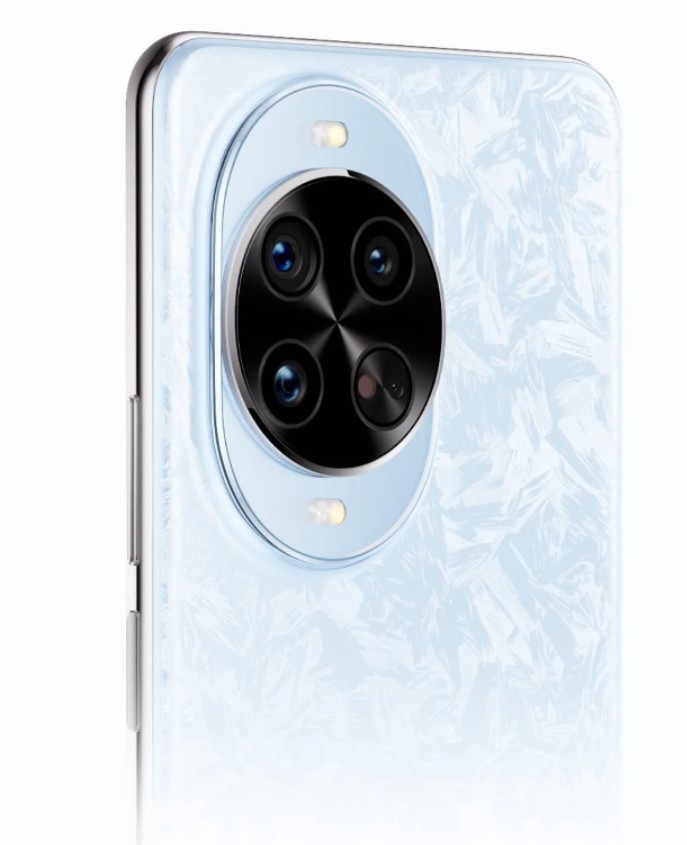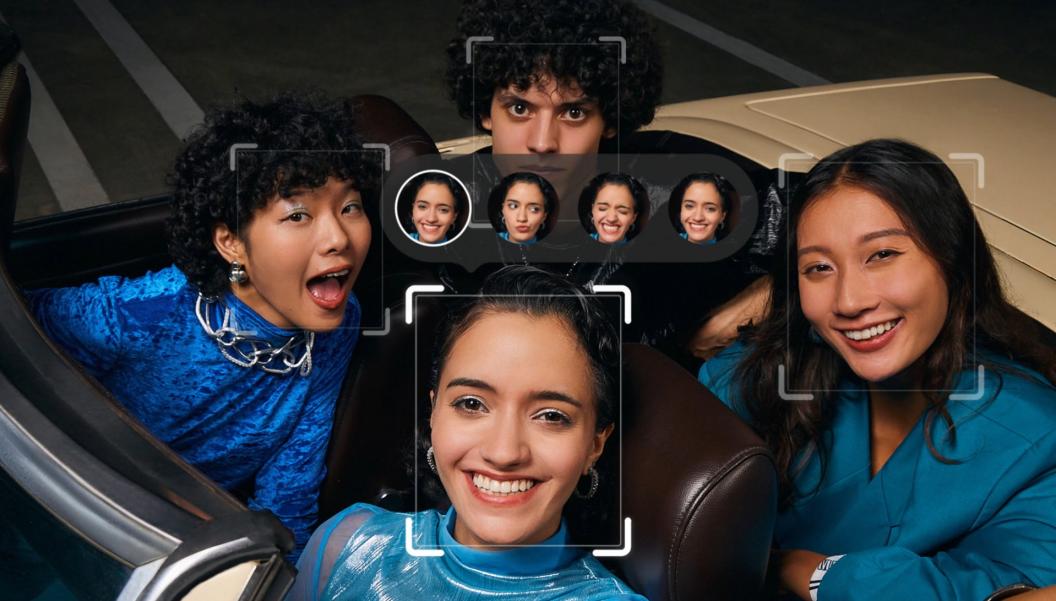
Choosing a new phone often comes down to how good the camera is. While performance and battery life matter, most people use their phones to take photos every day. Whether you're snapping a selfie, filming your kids, or recording a concert, your phone's camera becomes your primary tool for capturing moments. That's why phone makers highlight camera specs more than ever. People want sharper images, better night shots, and smoother videos. With social media, quality visuals are no longer a luxury—they're a necessity. If you care about photo quality, understanding what makes a good smartphone camera is key to buying smart.

What Makes Smartphone Cameras So Important Today?
Smartphone cameras are more than just add-ons—they've become essential tools in daily life. People share their lives through photos and videos, from casual selfies to important moments. With platforms like Instagram and TikTok driving visual content, a good camera directly impacts your online presence. It's also how we record memories, scan documents, video call family, and even shop via QR codes. As phone cameras improve, many skip buying standalone cameras altogether. Brands now compete to deliver pro-level quality in compact designs. Your phone's camera isn't just for fun—it shapes how you capture, communicate, and interact with the world around you.
Key Camera Specs You Should Actually Care About
Megapixels vs Sensor Size – What Matters More?
High megapixel counts sound impressive, but they don't always mean better photos. What really matters is the sensor size. A larger sensor captures more light, producing clearer images, especially in low light. While 48MP or 108MP cameras may offer more detail, they rely heavily on software to enhance images. In contrast, a 12MP camera with a larger sensor can outperform higher megapixel phones. Sensor quality also affects depth, sharpness, and color accuracy. When comparing phones, don't get distracted by megapixels alone. Look at sensor specs and reviews that show real-world photo performance, especially in different lighting conditions.
Optical Zoom, Image Stabilization, and Low Light Performance
Optical zoom allows you to get closer without losing image quality—unlike digital zoom, which just crops the photo. This is crucial for nature shots, events, or concerts. Image stabilization, especially optical (OIS), reduces blurriness from shaky hands and helps in both photos and videos. Then there's low light performance, where many phones struggle. Features like larger apertures, night mode, and better sensors improve clarity in dim environments. These three factors combined can drastically change how useful your phone camera is in real-life situations. If you shoot on the go or in varied lighting, prioritize these specs over gimmicky features.
AI Features and Computational Photography Trends
Modern smartphone photography relies heavily on AI. From automatic scene detection to smart HDR and portrait modes, AI adjusts settings faster than you can. Computational photography blends multiple shots for the best result—especially in tricky lighting. Brands like Huawei are using this technology to enhance dynamic range, reduce noise, and sharpen details. Some phones now use AI to remove objects, enhance sky colors, or apply studio lighting effects. These features aren't just for pros—they help casual users get great shots with zero effort. When comparing phones, explore how their software processes images, not just the raw hardware.

How Camera Performance Impacts Everyday Use?
Photography for Travel, Events, and Daily Life
A reliable camera lets you capture memories as they happen. When travelling, you want vivid landscapes and crisp group shots. At birthdays or weddings, quick autofocus and fast shutter speeds make sure you don't miss a moment. Daily life offers endless photo ops—from your pet's antics to the perfect latte art. A good phone camera adapts to all these scenarios. It should offer strong daylight performance, solid low-light shots, and realistic colors. Having a capable camera in your pocket means fewer regrets and more memories preserved in high quality. It's the difference between a blurry photo and a timeless one.
Video Recording for Vlogging and Reels
If you're posting videos online, your phone's video quality matters just as much as photos. Features like 4K recording, frame rate options, and slow motion help create engaging content. Stabilization is key—no one wants shaky footage. Audio clarity also plays a big role, especially for vloggers. Phones like the HUAWEI Nova series offer cinematic video modes and pro video settings, giving users more creative control. Whether you're filming tutorials, product reviews, or just day-in-the-life clips, a solid camera setup ensures your content looks polished and professional. A great video can boost your views, engagement, and credibility online.
Camera Use in Work—Scanning, Video Calls, and More
Beyond fun, cameras play a vital role in work. Scanning documents, QR codes, or whiteboards has become routine in offices and remote setups. Sharp cameras make it easy to digitize paperwork without a scanner. In video calls, a good front-facing camera ensures you look clear and professional. Real estate agents, remote workers, and field teams also use their cameras for quick updates and visual reports. High-resolution photos help showcase products, issues, or progress in real time. The better the camera, the better the communication. For many professionals, the phone camera is now a core productivity tool—not just an extra.
Conclusion
When choosing your next phone, the camera should be a top priority—not just an afterthought. It's more than a tool for Instagram. It's how you capture memories, express creativity, and stay productive. Specs like sensor size, AI features, and stabilization play a bigger role than megapixels alone. Whether you're taking family photos, filming content, or handling work tasks, a great camera enhances it all. From streaming your favorite shows on Netflix for huawei to recording high-quality videos, your phone should support both entertainment and productivity. Look beyond marketing hype and focus on what truly improves image and video quality. A strong smartphone camera turns everyday moments into lasting impressions, making it one of the most valuable features your phone can offer.